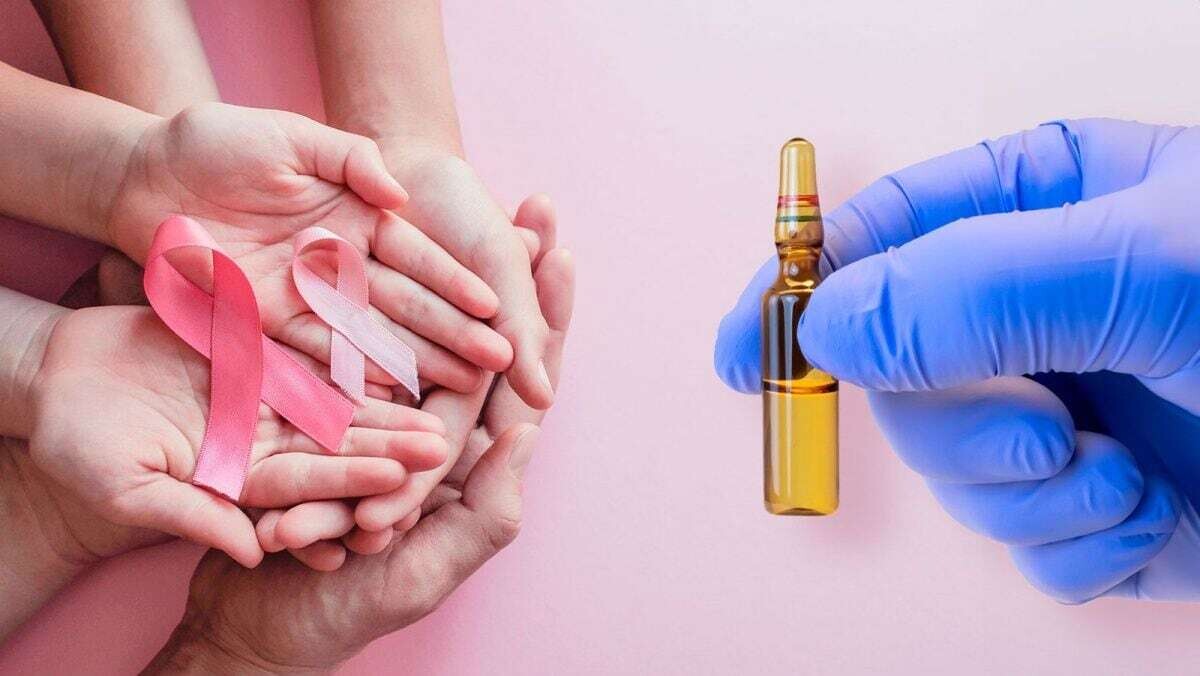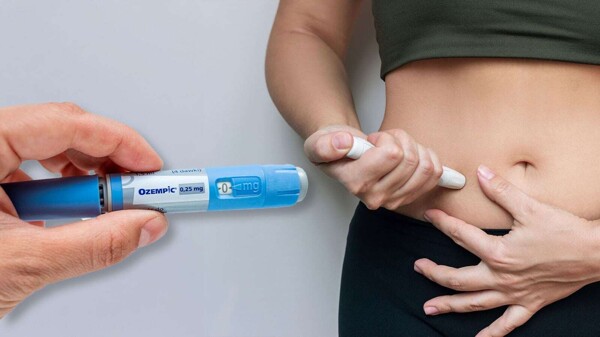
An experimental vaccine against breast cancer in its first phase of clinical trials has shown promising results in preventing the recurrence of this type of tumor. The study, published in Genome Medicine, reveals that 14 out of 18 patients with non-metastatic triple-negative breast cancer included in the phase 1 clinical trial showed an immune response to the vaccine. After three years, 16 of the patients were still cancer-free.
The vaccine candidate, developed by Washington University in St. Louis, is personalized for each patient with the aim of identifying key mutations in their specific tumor and training immune cells to recognize and attack cancer cells carrying those mutations. Each woman received standard treatment for breast cancer along with three doses of the vaccine, resulting in good drug tolerance and stimulation of the immune system.
Although the study did not have a control group in this phase to establish the direct efficacy of the vaccine, the results were compared with historical data from patients with triple-negative breast cancer who were treated solely with standard approaches. On average, nearly half of these patients were still cancer-free three years after treatment. The team is excited about the results obtained so far and randomized controlled trials are already underway to directly compare the efficacy of the vaccine combined with standard treatment versus standard treatment alone.
Triple-negative breast cancer is an aggressive type that lacks specific therapies and is often treated with traditional methods such as surgery, chemotherapy, and radiation therapy. The clinical trial analyzed women with this type of cancer who still had signs of tumor after receiving initial chemotherapy, including six African American women, who statistically have a higher prevalence of this type of cancer.
After surgically removing the tumors, the team identified unique genetic mutations in the cancer cells of each patient that enabled training of the immune system to selectively attack the tumor cells. The designed vaccine contained an average of eleven tumor-specific neoantigens, identified as the most likely to trigger an effective immune response. Researchers are excited about the prospects of these neoantigen vaccines and hope to bring this technology to more patients to improve outcomes in the treatment of triple-negative breast cancer, a disease considered aggressive and difficult to treat due to its rapid progression.











